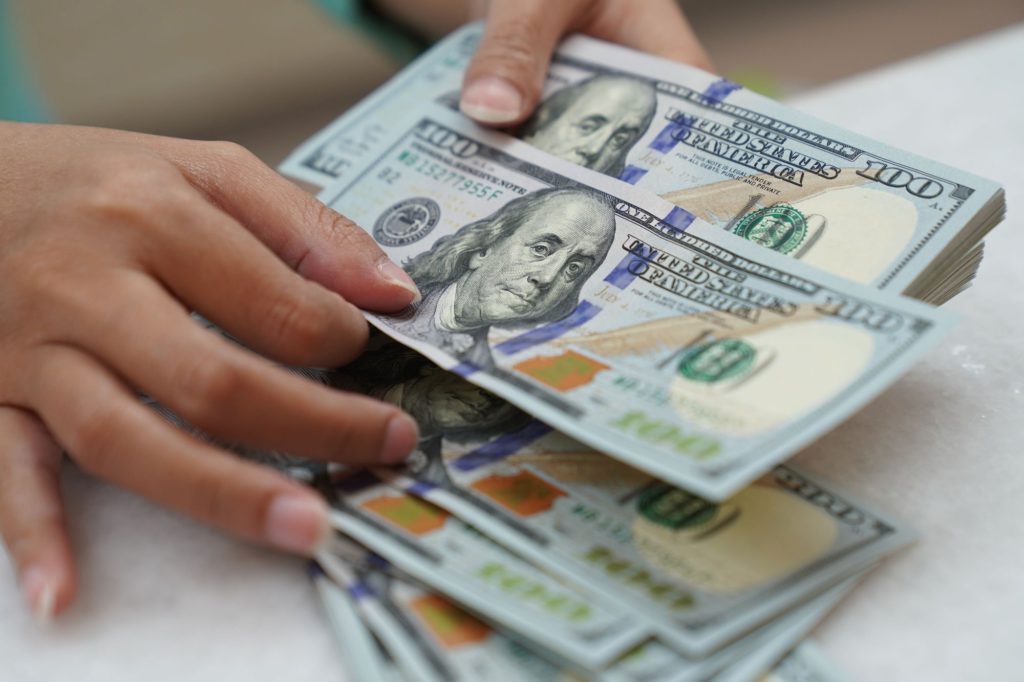(Bloomberg) — The dollar’s share of global reserve currencies has been in steady decline over the past 20 years as central banks turn to nontraditional currencies, including the renminbi, to diversify their holdings.
Reserve managers have moved out of dollars in two directions, with one quarter headed into the renminbi and three quarters into currencies of smaller countries that have traditionally played a limited role as reserve assets.
The findings are in a new paper issued by the International Monetary Fund titled: “The Stealth Erosion of Dollar Dominance: Active Diversifiers and the Rise of Nontraditional Reserve Currencies.”
It was co-authored by Serkan Arslanalp of the IMF, Barry Eichengreen of the University of California Berkeley and Chima Simpson-Bell also of the IMF.
Read more: Usurping Dollar’s Dominance Over World Is a Near Impossible Task
“A characterization of the evolution of the international reserve system in the last 20 years is thus as gradual movement away from the dollar, a recent if still modest rise in the role of the renminbi, and changes in market liquidity, relative returns and reserve management enhancing the attractions of nontraditional reserve currencies,” the co-authors wrote. “These observations provide hints of how the international system may evolve going forward.”
While China’s currency is gaining some ground, there’s also a notable shift into currencies including the Australian dollar, Canadian dollar, Singapore dollar, Korean won and Swedish Krona, according to the IMF paper.
“This shift is broad based: we identify 46 active diversifiers that have shifted their portfolios in this direction, such that they now hold at least 5 percent of their reserves in nontraditional currencies,” the paper found.
The findings come as global sanctions against Russia in response to its invasion of Ukraine have triggered fresh debate about the dollar’s dominance of global finance and trade and whether the conflict will accelerate the use of rival currencies, such as the renminbi.
Still, China’s currency has struggled to gain market share in global transactions as the government enforces strict controls on the flow of money into and out of the country. The latest data from the Society for Worldwide Interbank Financial Telecommunication shows the renminbi remains ranked as fifth most widely used currency for global transactions, the same as last year.
More stories like this are available on bloomberg.com
©2022 Bloomberg L.P.











